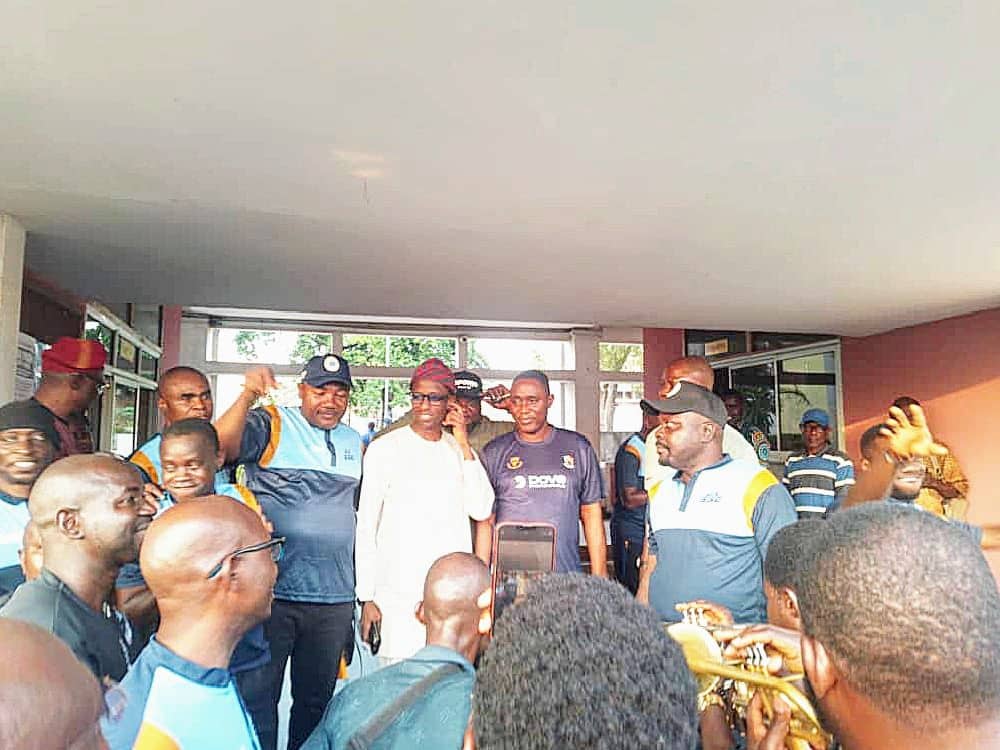UI Staff Club Hosts OAU, UNILAG In Ibadan For 18th Triangular Games
•By OYENIYI KAZEEM
IBADAN – STAFF Clubs of the University of Ibadan (UI), Obafemi Awolowo University (OAU), and the University of Lagos (UNILAG) successfully held the 18th Annual Inter-University Triangular Games.
The four-day event, hosted by the Senior Staff Club of the University of Ibadan, runs from Nov. 19 to 22, 2025, and brings together 90 athletes drawn equally from the three institutions.
The Triangular Games, founded 18 years ago by leaders of staff clubs from the three universities, was conceived as a platform to foster unity, promote healthy living, and strengthen professional and social networks among university staff members.
The annual event rotates among the three universities, with this year’s edition hosted by UI.
President of the UI Senior Staff Club, Dr. Oluwafemi Oyamakin, explained that the Triangular Games aim to go beyond recreation.
“It is called the Triangular Games because it involves three leading universities.
“Eighteen years ago, the founding fathers set out to enhance recreational activities in these universities while strengthening collaboration beyond the academic space. Today, we celebrate them by sustaining this legacy,” he said.
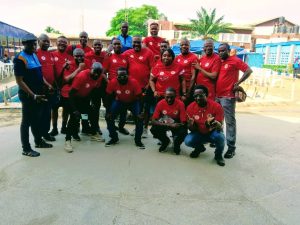
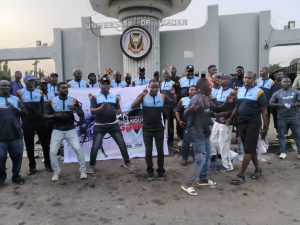
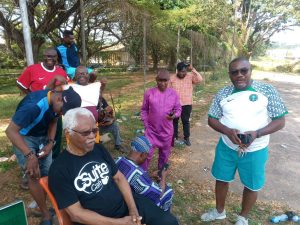
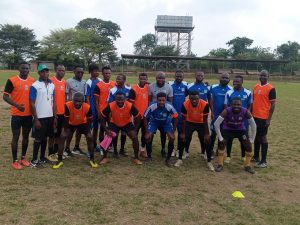
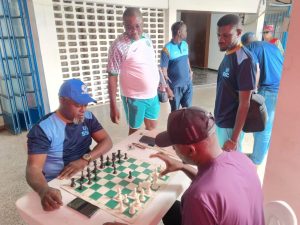
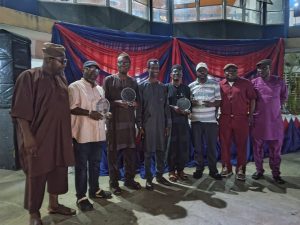
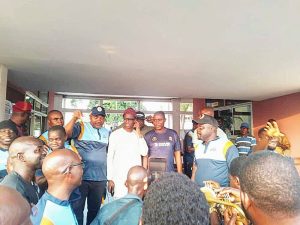
The event features competitions in soccer, volleyball, badminton, table tennis, tennis, Monopoly, scrabble, chess, ace card, whot, dart, squashed, draughts, and ludo, with a new swimming category introduced this year, although it will not count toward medal tallies. Each university is represented by 30 athletes, making for a total of 90 participants.
Also speaking, Prof. Abiodun Olayiwola, President of the OAU Staff Club, stressed that the games offer participants the opportunity to build social bridges as well as develop a healthy lifestyle through athletic competition.
“The emphasis is not on winning or losing but on strengthening relationships. Our hope is that one day, this event grows to an international level,” he said.
Dr Michael Oloyede, President of UNILAG’s Senior Staff Club, described the games as an annual celebration of friendship among Nigeria’s top universities.
Oloyede praised the Federal Government for reviving the Nigerian University Games (NUGA). He, however, insisted that more must be done to strengthen sports infrastructure and culture across campuses.
“We gather each year to honour each other and build camaraderie. Sports improve health, morale, and institutional unity. Unfortunately, many staff and students have lost touch with recreation, making events like this even more critical.
“Sports help discover talent and prepare youth for global competition. We need stronger systems and deeper investment in our universities to ensure that recreation and competition thrive,” he said.
The former President of the UI staff club between 2004-2006, Prof. Bernard Owumi, a professor of Sociology, urged participating institutions to de-emphasize fielding very young participants in the game, noting that the competition was supposed to be for top academics and top non-academic staff.
The Don suggested that the games should be expanded in terms of institutional participation, but there must be a strict emphasis on the age limit of participants.
He reiterated that the triangular games has eroded or erased beliefs that the club is meant for drinking.
“We need this interaction to socialize and exercise to improve their mental health,” he said.
A veteran sports administrator, Mr Lekan Adeyemi, who has been involved in the Triangular Games since its inception, expressed concern over reduced participation in university sports.
“I just returned from the NUGA Games in Jos, and the energy and enthusiasm are nowhere near what we used to see. Universities need to reinvest in sports to revive the culture and encourage engagement, “he said.
On his part, Mr Osita John, one of the event coordinators, highlighted the broader purpose of staff clubs and the games.
“Many people think the staff club is just a place to drink. It is a family club, a space for interaction, networking, and even academic collaboration. These games remind us of the deeper community spirit we stand for,” he said.
OAU emerged overall winner with nine gold, three silver, and nine bronze, followed by the University of Ibadan with eight gold, ten silver, and three bronze, while third position went to UNILAG with five gold, six silver, and eight bronze medals.

